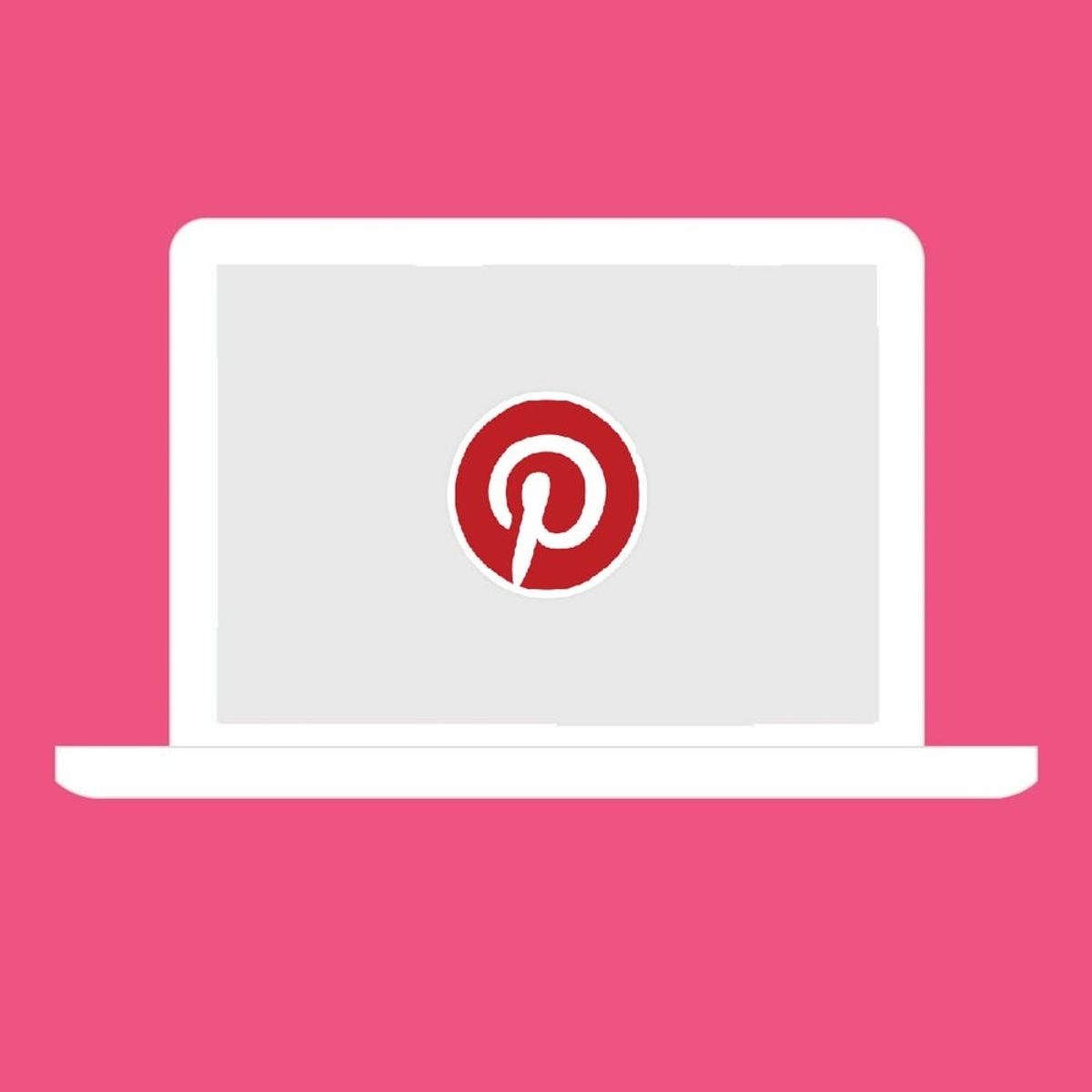Just another reason to Pin during your lunch break.
Science Says Pinterest Has This Surprising Effect on Mental Health

What do dream-worthy wedding boards, fabulous DIYs and a few hilarious Pinterest fails have in common? They’re all the first thing that comes to mind when we think of the social media hub Pinterest. According to a new study released by the Public Relations Review, Pinterest is far more than a collection of pinspirational projects — it is an online platform where users can talk about their struggles with mental illness and connect with their peers in a community-centered environment.
Jeanine Guidry of Virginia Commonwealth University, along with three colleagues, began investigating how Pinterest users address and respond to mental illness in their 2015 study. Using quantitative content analysis, they chose 800 depression-focused pins and analyzed both how they were constructed and how other Pinterest users responded to them.
The pins themselves were overwhelmingly positive. More than half of the 800 posts expressed that depression is a severe disorder as opposed to something the patient can easily overcome on their own. Furthermore, the pins often included various coping mechanisms in the body of the post. The response to these pins was also strikingly optimistic. Users responded to the posts, of which 10 percent included the topic of suicide, with numerous comments, likes and repins.
Although the study concludes with implications for how professionals can use the Pinterest platform to engage with patients with mental illness, the results are relevant for us Pinners too. By liking or commenting on a mental health-focused pin, we can illuminate messages of hope and support and stomp out those of judgement and stigma. Happy pinning!
How are you engaging in community on Pinterest? Tweet us at @BritandCo!



















